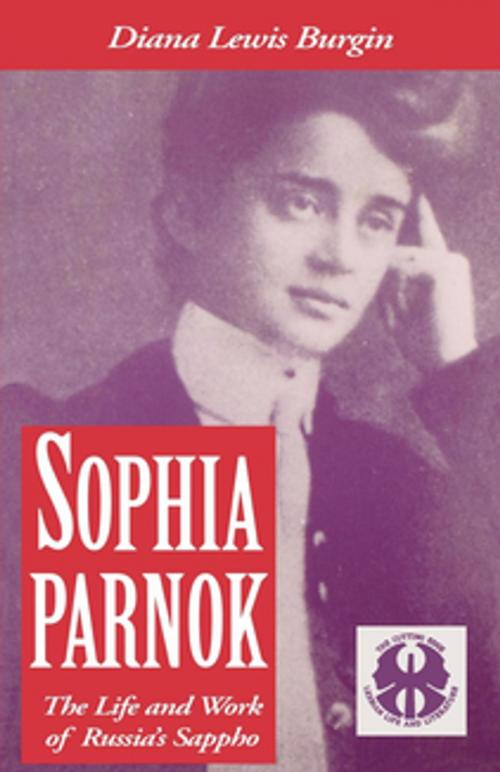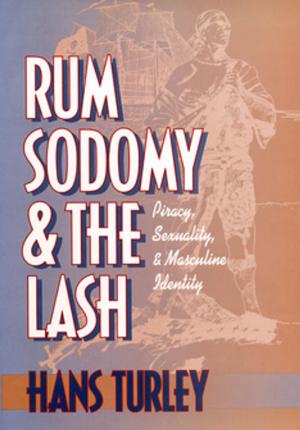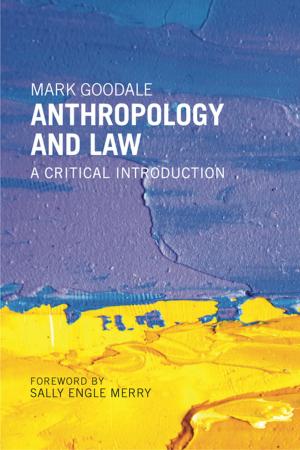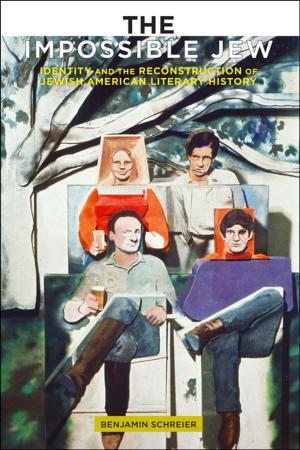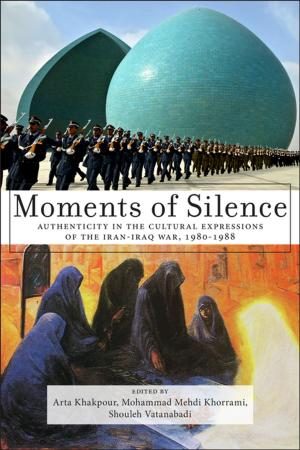Sophia Parnok
The Life and Work of Russia's Sappho
Fiction & Literature, Literary Theory & Criticism, Gay & Lesbian| Author: | Diana L. Burgin | ISBN: | 9780814786284 |
| Publisher: | NYU Press | Publication: | July 1, 1994 |
| Imprint: | NYU Press | Language: | English |
| Author: | Diana L. Burgin |
| ISBN: | 9780814786284 |
| Publisher: | NYU Press |
| Publication: | July 1, 1994 |
| Imprint: | NYU Press |
| Language: | English |
The weather in Moscow is good, there's no cholera, there's also no lesbian love...Brrr! Remembering those persons of whom you write me makes me nauseous as if I'd eaten a rotten sardine. Moscow doesn't have them--and that's marvellous."
-Anton Chekhov, writing to his publisher in 1895
Chekhov's barbed comment suggests the climate in which Sophia Parnok was writing, and is an added testament to to the strength and confidence with which she pursued both her personal and artistic life. Author of five volumes of poetry, and lover of Marina Tsvetaeva, Sophia Parnok was the only openly lesbian voice in Russian poetry during the Silver Age of Russian letters. Despite her unique contribution to modern Russian lyricism however, Parnok's life and work have essentially been forgotten.
Parnok was not a political activist, and she had no engagement with the feminism vogueish in young Russian intellectual circles. From a young age, however, she deplored all forms of male posturing and condescension and felt alienated from what she called patriarchal virtues. Parnok's approach to her sexuality was equally forthright. Accepting lesbianism as her natural disposition, Parnok acknowledged her relationships with women, both sexual and non-sexual, to be the centre of her creative existence.
Diana Burgin's extensively researched life of Parnok is deliberately woven around the poet's own account, visible in her writings. The book is divided into seven chapters, which reflect seven natural divisions in Parnok's life. This lends Burgin's work a particular poetic resonance, owing to its structural affinity with one of Parnok's last and greatest poetic achievements, the cycle of love lyrics Ursa Major. Dedicated to her last lover, Parnok refers to this cycle as a seven-star of verses, after the seven stars that make up the constellation. Parnok's poems, translated here for the first time in English, added to a wealth of biographical material, make this book a fascinating and lyrical account of an important Russian poet. Burgin's work is essential reading for students of Russian literature, lesbian history and women's studies.
The weather in Moscow is good, there's no cholera, there's also no lesbian love...Brrr! Remembering those persons of whom you write me makes me nauseous as if I'd eaten a rotten sardine. Moscow doesn't have them--and that's marvellous."
-Anton Chekhov, writing to his publisher in 1895
Chekhov's barbed comment suggests the climate in which Sophia Parnok was writing, and is an added testament to to the strength and confidence with which she pursued both her personal and artistic life. Author of five volumes of poetry, and lover of Marina Tsvetaeva, Sophia Parnok was the only openly lesbian voice in Russian poetry during the Silver Age of Russian letters. Despite her unique contribution to modern Russian lyricism however, Parnok's life and work have essentially been forgotten.
Parnok was not a political activist, and she had no engagement with the feminism vogueish in young Russian intellectual circles. From a young age, however, she deplored all forms of male posturing and condescension and felt alienated from what she called patriarchal virtues. Parnok's approach to her sexuality was equally forthright. Accepting lesbianism as her natural disposition, Parnok acknowledged her relationships with women, both sexual and non-sexual, to be the centre of her creative existence.
Diana Burgin's extensively researched life of Parnok is deliberately woven around the poet's own account, visible in her writings. The book is divided into seven chapters, which reflect seven natural divisions in Parnok's life. This lends Burgin's work a particular poetic resonance, owing to its structural affinity with one of Parnok's last and greatest poetic achievements, the cycle of love lyrics Ursa Major. Dedicated to her last lover, Parnok refers to this cycle as a seven-star of verses, after the seven stars that make up the constellation. Parnok's poems, translated here for the first time in English, added to a wealth of biographical material, make this book a fascinating and lyrical account of an important Russian poet. Burgin's work is essential reading for students of Russian literature, lesbian history and women's studies.
